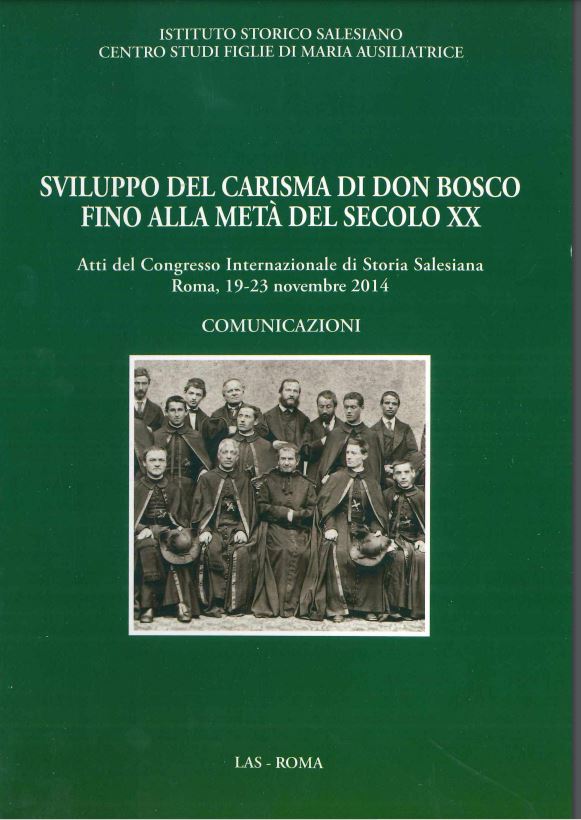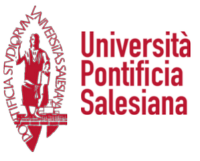Sono note le parole con le quali don Bosco introduceva nel 1877 le inattese pagine sul «sistema preventivo»: «due sono i sistemi in ogni tempo usati nella educazione della gioventù: preventivo e repressivo». È affermazione che può suscitare qualche perplessità. Dalla storia dell’educazione reale di tutti i tempi sembrano emergere quasi esclusivamente o soprattutto i lati duri, addirittura brutali del rapporto dell’adulto (anche di padri e madri) con l’età in crescita; alle origini della vita: aborto, infanticidio (in particolare femminile o dei deformi), avviamento all’accattonaggio e alla prostituzione, sfruttamento (anche in tempi recenti con l’industrializzazione), violenze; nell’educare: dispotismo di genitori e maestri, durezze,
castighi afflittivi spirituali e corporali, battiture, privazioni, isolamento, procedimenti didattici oppressivi e irrazionali.
Continue reading “Pietro Braido – Breve storia del « sistema preventivo»”











